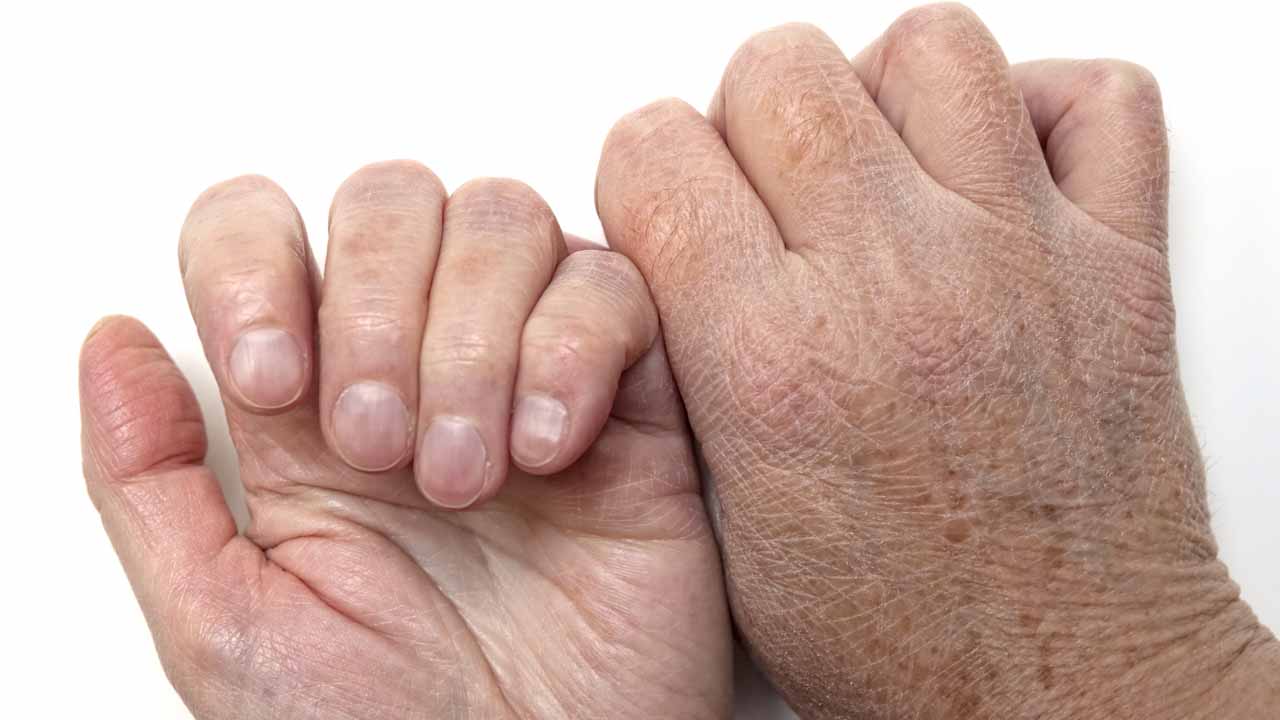In Learning
Bookmark
Self care tips
- Apply emollient at least twice daily in downward strokes – an average of 600g per week is recommended for adults
- Use a complete skincare regimen: shower and bath products, as well as a cream and/or lotion
- Avoid using soap and soap-based bath and shower products, as these can really dehydrate the skin. Soap substitutes (e.g. emollients) should be used instead
- Wear cotton, silk or soft man-made fabrics next to the skin, but avoid wool
- Children can wear cotton mittens at night to reduce the impact of scratching
- Use non-biological washing powders, which may be less likely to irritate the skin
- Wash bedclothes and vacuum beds and carpets frequently to control house dust mites
- Keep pets out of the bedroom as fur and feathers can irritate the skin
- Wear an effective UVA/UVB high protection sunscreen in the spring and summer.
Whenever you talk to any customer, remember WWHAM:
Who is it for?
It may not be the customer who needs the treatment. If the customer is buying for someone else, it is important that they are able to fully explain to the patient how the product should be used.
Always refer them to the patient information leaflet (PIL) and directions on the packaging.
What are the symptoms?
Refer the customer to the pharmacist if there are symptoms of an infection.
How long have the symptoms been present?
This will help you establish the cause of the condition.
Action already taken?
This will help you establish if the customer has already tried a product that hasn’t helped or wasn’t appropriate.
Medication?
If the patient is taking any other medication, it is important to refer the customer to the pharmacist.
You don’t have to ask these questions in this order, and a customer might give you some of this information without you asking.
As long as you get them into the conversation, you should be able to find out the information you need in order to make a recommendation.
The golden rule to remember is: if in doubt, refer to the pharmacist. Don’t be embarrassed to ask for their advice as they have a lot of information about products and symptoms to hand that you may not be aware of.

